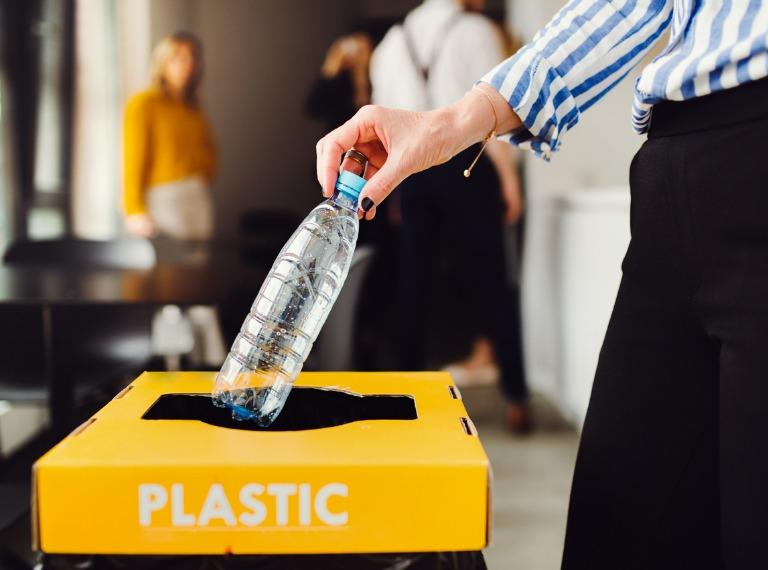Cost reduction has always been a top priority for most businesses, and in the current climate, it’s even more critical. You may think that introducing sustainable initiatives while trying to save money is not achievable, but there are many ways that your business can cut down on outgoings while also reducing your environmental impact – which is a win/win.
Go paperless
One way to reduce cost, and minimise waste, is to go paperless. According to The World Counts, paper accounts for approximately 26% of total landfill waste and 50% of all business waste.
Regardless of what sector you’re in, your business will use some form of documentation – moving this online is a great way to cut down unnecessary costs. In addition to saving paper, and therefore trees, you’ll also cut down on stationary costs, printing ink, and postage.
Choose sustainable suppliers
Being a sustainable company goes beyond just your own practices - the suppliers you work with reflect on your business too. By choosing suppliers that share your business values and also do their bit for the environment, you are demonstrating to your customers and employees that you take your commitment to the environment seriously.
While it may not directly save you money by choosing green suppliers, being able to promote your green partnerships on your company website and social media channels can go along way with stakeholders. A study by SmartestEnergy reveals that four out of five people are likely to choose a brand with a positive approach to environmental sustainability. This is one way to make you stand out against your competitors, attract and retain talent, and ultimately increase profit.
Reduce and recycle waste
Introducing recycling bins around your office, and removing personal desk bins, encourages employees to get involved with your waste reduction initiatives and recycle waste correctly. Also, make sure the products you use around the office are recycled (such as kitchen roll and toilet paper) and where possible, look at purchasing second hand equipment such as office supplies.
Single-use items such as paper or plastic cups, plastic cutlery, water bottles, and even the plastic containers that your food products arrive in, can all be replaced with more sustainable alternatives. For example, you could hire a milk man to cut down on plastic bottle waste, provide employees with mugs and reusable bottles, or encourage them to bring their own cutlery in. All these alternatives will reduce costs while also minimising waste.
Reduce energy consumption
Energy saving may seem like an obvious tip, but many businesses are not aware of how much energy their electronics and lighting use every day. Consider calling your utility provider and asking for an energy audit – many offer this free of charge.
All the electronics in your offices could be costing you a significant among of money every year, especially when people leave for the day and don’t switch off devices. Make sure all employees are turning their computers off at the end of the day and encourage the last person to leave the office to turn off the lights. Also, switching to energy saving or LED lightbulbs can not only reduce your energy usage, but they also last longer that halogen lights. Even better - make use of natural light, keep blinds open and switch off the lights.
Air conditioning and heating is another source of energy that could be costing your business a lot of money. While you need to consider your employees’ comfort levels at work, there are still ways that you can cut down on costs. Turn off the heating or air con in unused, or rarely used, areas and consider putting a limit on the temperature to stop it being turned too high or low and then being left. In addition, make sure that when the air conditioning is on, that windows remain closed - opening windows and doors results in the cooling system using more energy than is necessary.
Remote collaboration
With the rise of remote and home working, collaboration has never been more efficient. Cutting down on travel emissions is a great way to do your bit for the environment, and people can now easily collaborate through video conference calls.
Some businesses have found that they are able to effectively run completely remotely, meaning all offices, and the costs associated with running them, have been erased. If your business requires at least a few days in the office, then shared offices spaces, such as WeWork, may be a viable alternative to renting or buying office space full time.
Going green has many advantages. Not only will you be doing your bit to limit your environmental impact, but you will also boost your brand reputation, reducing operational, procurement, and energy costs in turn.
If you are looking for the next talented professional to join your team, get in touch with one of our specialist recruitment consultants today.




